The Rise and Fall of Servius Sulpicius Galba: A Momentous Chapter in Roman History
The Roman Empire has a storied history filled with monumental figures who left an indelible impact on its polity, culture, and military exploits. Among these emperors, Servius Sulpicius Galba, albeit one of the shorter-reigned rulers, offers a fascinating study of ambition, political machinations, and the tumultuous nature of imperial power. Born in the year 3 BCE to a distinguished patrician family, Galba's journey to the throne was as remarkable as his eventual downfall.
A Path to Power
Galba hailed from a lineage steeped in Roman tradition. His family, the gens Sulpicia, was well-established within the Roman aristocracy, providing him with a pedigree that guaranteed opportunities in the public sphere. His father, Gaius Sulpicius Galba, had served as a consul, and his mother, Mummia Achaica, descended from King Antiochus I of Commagene, offering a blend of local and foreign noble connections. This background afforded Galba a prestigious education, grooming him for an eventual position of influence within the Roman state.
His rise to prominence was marked by typical progression through the cursus honorum, the sequential order of public offices held by aspiring politicians in Rome. Galba served as quaestor, aedile, and praetor, culminating in his election as consul in the year 33 CE. His administrative acumen and loyalty to the Roman Senate positioned him as a figure of integrity, qualities admired by the reigning emperor at the time, Caligula. Galba's stature further increased when he was appointed as governor of the prosperous provinces of Gaul and Hispania.
The Imperative to Rule
Galba’s transition from a provincial governor to emperor emerged from the chaotic environment that enveloped Rome following the fall of Nero. Nero, the last of the Julio-Claudian emperors, met his end in 68 CE, leaving a power vacuum and precipitating the "Year of the Four Emperors," a period of civil strife wherein Rome was besieged by short-lived rulers and frequent allegiance shifts.
As Nero's regime crumbled, the Roman armies stationed in Spain, where Galba was governor, declared him as their choice for emperor. Galba's widespread administrative successes and perceived staunchness against corruption made him a suitable candidate amidst Rome's leadership crisis. Allied with Otho, another influential Roman figure, Galba mustered an army and marched on Rome, meeting minimal resistance as he claimed the imperial mantle.
An Emperor's Idealism Meets Reality
Upon ascending to power, Galba endeavored to restore discipline and frugality to the empire, which had been eroded during Nero's extravagant reign. His austere policies incited favor and disgust in equal measure: while the Senate and many citizens applauded his strict enforcement of financial discipline, his refusal to reward the Praetorian Guard—the Roman bodyguards—proved detrimental. Combined with the mass dismissals of corrupt officials, Galba found himself navigating a minefield of opposition.
Galba's adherence to stringency over patronage alienated numerous factions within the Roman Empire. His attempts to reform were seen by skeptics as overly stringent and neglectful of the deeper-rooted political quid-pro-quo that had sustained emperors who came before him. The formidable and ancient entity that was the Roman Empire demanded a knitting together of various factions, yet Galba’s inability to balance rewards and retributions left him vulnerable.
Critically, Galba's selection of a successor was marred by political naivety. Ignoring his initial supporter, Otho, he instead appointed Lucius Calpurnius Piso Licinianus, a choice that incited wrath and betrayal. This decision underscored Galba's political missteps, destabilizing essential alliances and signaling discord amongst his ranks.
In the sprawling, politically treacherous landscape of Rome, where the allegiance of military forces often sealed the fate of emperors, Galba's inability to secure their unwavering loyalty doomed his reign. His approach, emblematic of historical consistency but lacking in practical adaptability, ultimately set the stage for a contestation of imperial authority, drawing Rome into further disarray.
Epicenter to a restless empire and amid the throes of political maneuvering, Galba's reign, however brief, reflects the precarious balance of maintaining imperial control. His assassination in early 69 CE by members of his own guard, who facilitated Otho's rise to power, evidences the perilous nature of his military oversight and the fervor with which Rome's political landscape could pivot.
In the grand tapestry of Roman history, Galba occupies a niche colored by ideas of reform, governance, and the critical nature of military loyalty. While his intent was rooted in reinstituting a regime of integrity and fiscal responsibility, Galba's lack of pragmatic political maneuverability highlighted the untenable challenges inherent in unifying a fractious empire. Thus, the tale of Servius Sulpicius Galba becomes a testament to the complexities of leadership, the intricate dance between ideals and practice, and the ever-present undercurrent of ambition and betrayal that ran through Rome’s veins.
The Political Climate of Galba's Reign
The political atmosphere during Galba's reign was one marked by uncertainty and volatility. Following Nero's suicide, the Roman Empire was engulfed in chaos—a tumultuous period that saw the quick succession of emperors. The Senate, while supportive of Galba at the onset, found itself embroiled in tension and intrigue as various power-hungry factions sought to capitalize on the absence of a stable regime. The patrician elite, perhaps nostalgic for a return to traditional republican values, endorsed Galba’s ascension due to his esteemed lineage and initial promises of reform.
However, this endorsement came with expectations, demanding deft negotiation and consolidation, which was far from straightforward given the prevailing crisis. Galba's austere governance sought to address the profligacy and perceived decadence that had characterized Nero's latter rule. He cut back on lavish expenditures, rigidly enforced tax collection, and attempted to restore fiscal discipline across the empire. Unfortunately, these reforms, while principled, alienated key constituencies who had grown accustomed to Nero's largesse.
The economic restoration vision clashed with an empire in need of appeasement and unity—a daunting task Galba was ill-prepared to manage. Rome’s famed upper echelons, long reliant on courtly benefactions and the emperor’s favor for power and prosperity, began viewing Galba’s measures as severe, lacking the tactical patronage required to maintain alliances. His governance style, while reinforcing law and ethical commitment, ironically unraveled the structural stability it sought to bolster.
Galba’s Relations with the Military
Perhaps the most crucial element in Galba’s short-lived tenure was his handling of the military: a formidable force with the potency to make or break emperors. The military, during this time, did not merely serve as defense apparatus but were pivotal political players whose allegiance was indispensable for imperial success.
Upon taking power, Galba made a fatal error by denying the promised financial rewards to the Praetorian Guard and legions, whose support had been instrumental in his emperorship. Insensitive to the simmering discontentment, he opted instead for frugality, dismissing those who had aligned with Nero’s largess while disregarding the influential dynamics of the military's internal politics.
The result was disaffection among ranks that had grown increasingly expectant of generous donatives and recognition for their political support in tumultuous times. Galba's refusal to meet these demands eroded the fragile trust between him and his military forces, which, combined with ensuing dissatisfaction among other factions, made him a figure of isolation. His military naiveté ultimately sowed the seeds of his downfall, proving detrimental when loyalty could have cemented his rule.
The Otho Betrayal and the Onset of Conflict
The swift and dramatic political shifts that characterized the period meant that emperors who failed to quickly secure alliances and loyalty faced significant consequences. Otho, initially an ally and instrumental in Galba’s rise, became disenchanted by Galba's decision to bypass him as heir in favor of Piso—a miscalculation that reflected Galba's detachment from pressing political realities.
Otho, driven by ambition and a sense of betrayal, orchestrated a coup with the backing of disgruntled Praetorian Guards. The coup was swift and decisive, laying bare the civil unrest that simmered beneath Galba’s decrees. On January 15, 69 CE, Galba’s reign came to a gruesome end when he was assassinated by soldiers who proclaimed Otho emperor shortly afterward.
Galba's deposition underscored the lack of strategic maneuvering and comprehension essential in commanding the loyalty of Rome’s factions. The emperor's ideals and attempts at restructuring could not withstand the urgency of reconciling varied interests and power centers converging upon Rome’s corridors. His execution by the very forces he sought to reform was emblematic of the intense turbulence that accompanied Rome’s imperial throne.
Legacy of Galba’s Brief Reign
Despite assuming the throne for a mere seven months, Galba’s rule, marked by earnest intentions and flawed execution, offers crucial insights into the nature of power, governance, and the complexities of ancient Rome. His ideals, though noble in aspiration, were ultimately overshadowed by immediate political exigencies his administration could not satisfy.
Galba’s attempt to steer Rome towards fiscal responsibility in the face of entrenched patronage traditions highlighted a schism between idealistic governance and the pragmatic necessities of maintaining power. Such failures provide salient lessons on leadership, signaling the constant balancing act required between reformist aspirations and providing political cohesion and support.
Historians continue to debate Galba's impact considering his brief reign. While seen primarily as an emperor who commanded Rome in transition, his administration crystallized the challenges existing within the Roman political system: the peril of disenfranchising vital power structures and the military's role as the emperor-maker.
Moreover, the tumult of his succession set a precedent for the subsequent rulers within the infamous "Year of the Four Emperors," a year that underscored Rome's susceptibility to civil strife and the fragility of imperial authority when divided by discordant interests. The essential lesson learned in Galba’s tragic trajectory is the indispensable need for political acumen and alliances calibrated with both military confidence and senatorial trust—an enduring quest for emperors navigating the sprawling entity of Rome.
The Aftermath and the "Year of the Four Emperors"
The demise of Galba marked a crucial turning point within the turbulent sequence of the "Year of the Four Emperors." His assassination, followed swiftly by Otho's rise, deepened Rome’s political instability and ushered in further civil strife. Otho, though briefly in power, failed to consolidate the empire amidst brewing insurrections, particularly from Vitellius, a commander in the army of the Lower Rhine, whose forces declared him emperor in early 69 CE.
This succession of rulers revealed Rome's volatile condition, with its vast military legions each an emperor-making force beyond the peripheries of Italy. Roman legions stationed in the provinces, increasingly influential due to the power vacuum, became emboldened, and their allegiance, as demonstrated by Galba’s fate, became a coveted commodity. The resultant civil wars not only stretched Rome’s military resources but also led to devastating consequences as each new ruler attempted to forge legitimacy through the splintered loyalty of troops and senatorial backing.
By the time of Vespasian's eventual ascension later in 69 CE, it became apparent that the frailties exposed during the preceding months had begun reshaping the fabric of Roman imperial rule. Vespasian, through thoughtful engagements and tactical prowess, managed to unify contending forces and establish the Flavian dynasty, restoring a semblance of stability and ushering reforms that would define the empire's subsequent trajectory.
Galba in Historical Perspective
In reviewing Galba’s contributions to history, scholars must deliberate both the intentions and the repercussions of his governance. While often critiqued for failing to adeptly manage Rome’s complex political ecosystem, Galba’s rule offers significant insight into the transitional nature of power structures in first-century Rome. Despite profound intentions to steer Rome towards greater prudence and discipline, Galba’s approach struck a discordant note with a polity weary of rapid change and embedded in existing traditions of patronage and military-centric politics.
Galba's legacy in Roman historiography illustrates the precarious dynamic between tradition and innovation—a common thread lamented within political commentaries of the time. His attempt to earnestly address the corruption and excess from which the empire suffered underscores his desire for moral rectitude, albeit at a cost that his ephemeral reign could not sustain. Engaging with Galba’s narrative elucidates broader inquiries around leadership efficacy and the balancing act between ethical governance and strategic alliances necessary within ancient power constructs.
Lessons from Galba’s Reign
Reflecting upon Galba’s tenure leads to broader interpretations concerning governance, authority, and the cyclical volatility of power which continues to resonate beyond ancient academia. His story punctuates the enduring complications any ruler faces in correlating personal ideals with the nuanced realities of political leadership—a timeless paradox now embedded within systems that value negotiation as much as ideology.
Galba signifies both a cautionary tale and an emblem of aspirational integrity, proving that moral and administrative rectitude without strategic alliance-building oftentimes leads to isolation—a dilemma intrinsic to leadership across epochs. For contemporary leaders and historians, Galba's narrative remains an instructive antecedent on the complexities entwined with transformations within hegemonic systems governed by swiftly-shifting allegiances and deeply-rooted traditions.
Furthermore, his tumultuous rise and dramatic fall reinforce the primacy of understanding power contingencies not only through administrative policies but through comprehensive engagement with military and civic constituents, affirming the indispensability of alliance and diplomacy in sustaining rule. The reign of Galba, albeit brief and marked by challenges, acts as a profound narrative that captures the essence of a Roman Empire grappling with internal dissension, imparting timeless wisdom on leadership amidst transitional epochs.
Galba's Place in Roman History
Galba’s ultimate act was not merely his rule, but the part he played in setting the stage for Rome’s enduring imperial framework post-crisis. The lessons derived from his ill-fated reign influenced successors who recognized the intricate dance required between maintaining authority and appeasing legions, ensuring that military allegiance had to work in tandem with senatorial collaboration.
As historians continue to unravel the threads outlining imperial Rome, Galba emerges as a critical juncture—a moment in time where the collision of ideals and geopolitical realities briefly intersect. His narrative is not lost in the annals of history but instead emerges repeatedly as an interpretative touchstone, evoking debates around governance, systemic reform, and the inherently transient nature of power.
In the grand narrative of Roman history, Galba’s imprint remains indelible, echoing through time as a tale of ambition, ideals, and the profound complexity of imperial rulership. His story is a testament to the historical forces at play during one of Rome’s most fractious intervals and a reminder of the ever-present challenges of reconciling ethical governance within the amorphous boundaries of political reality.
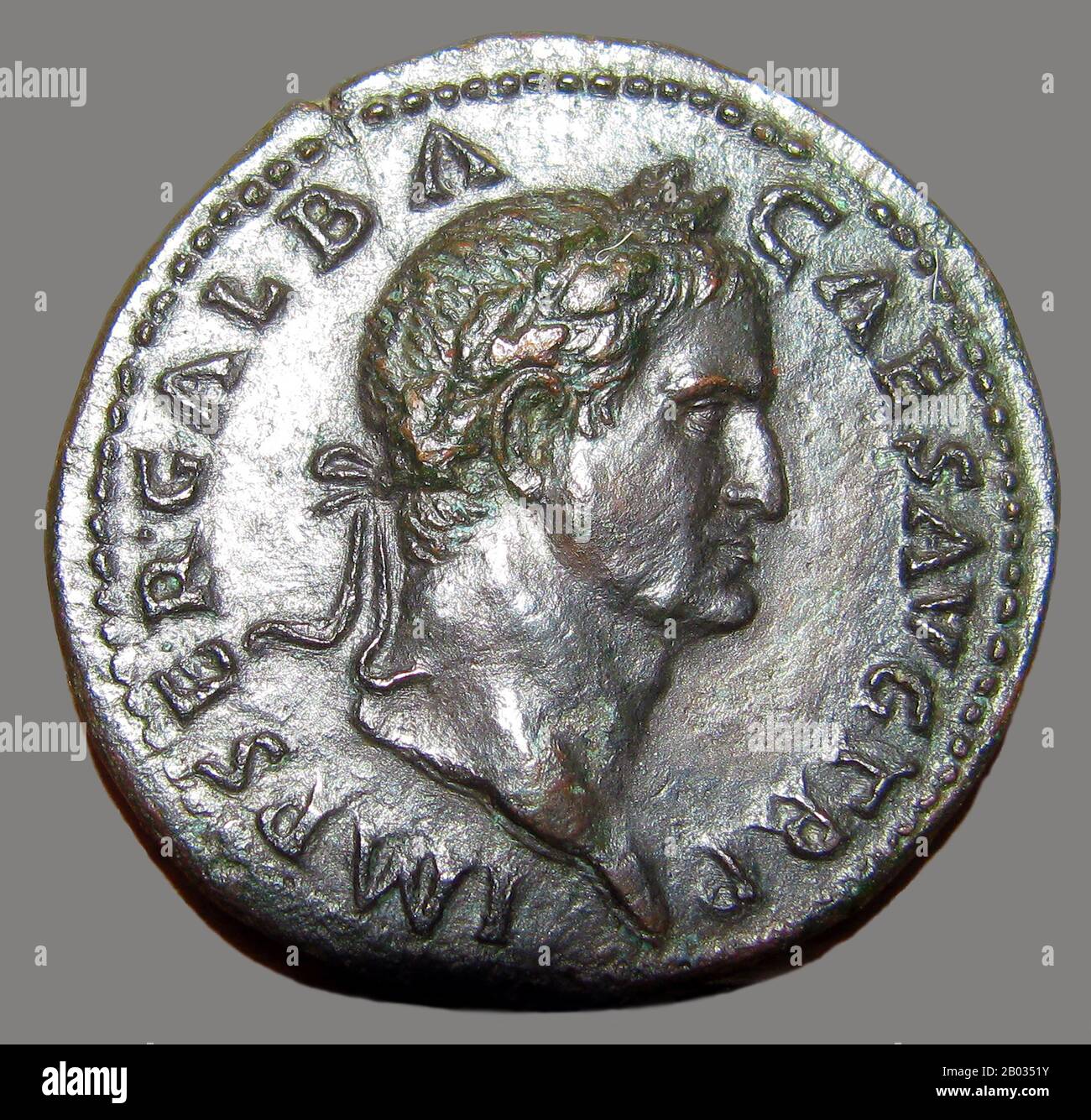

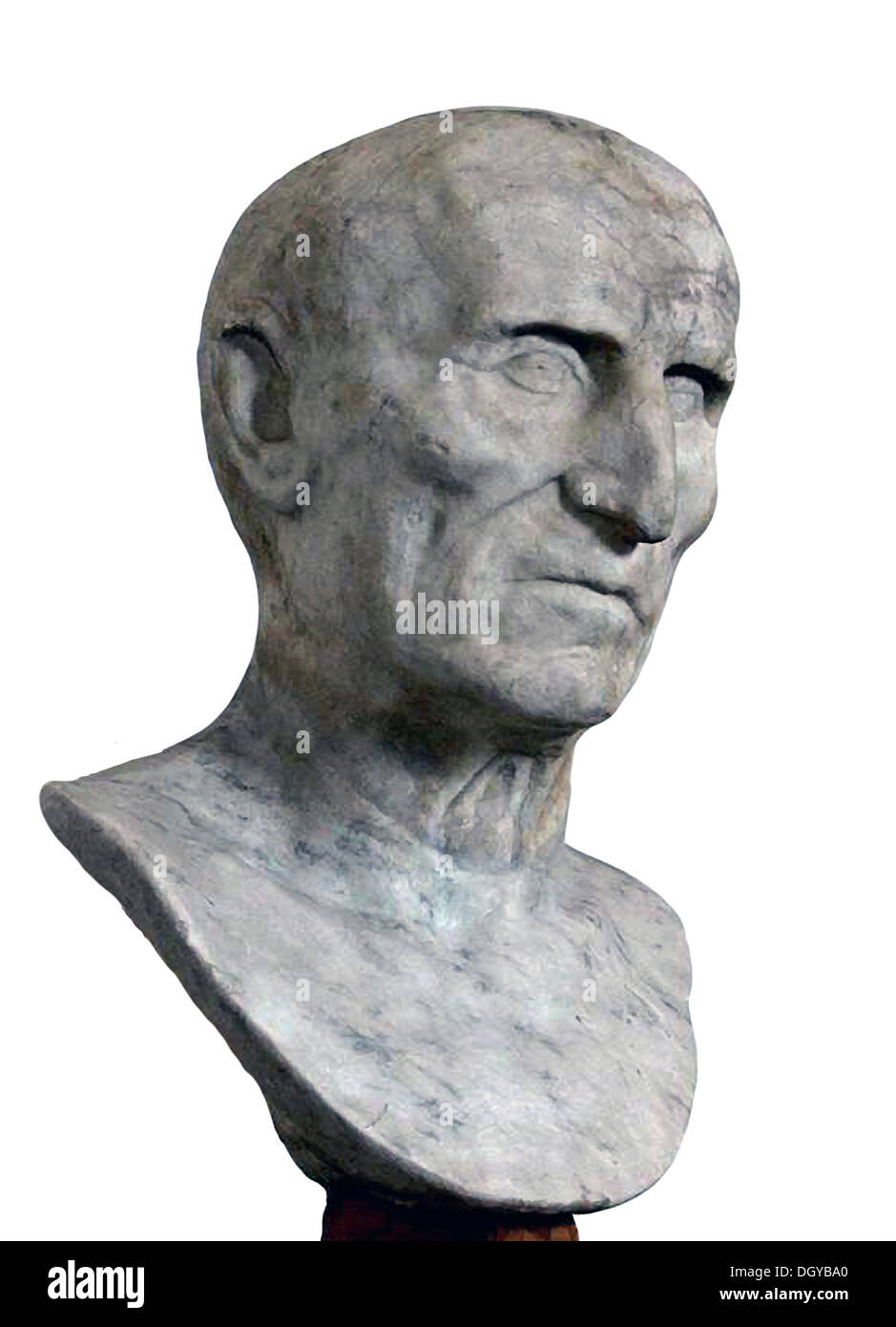
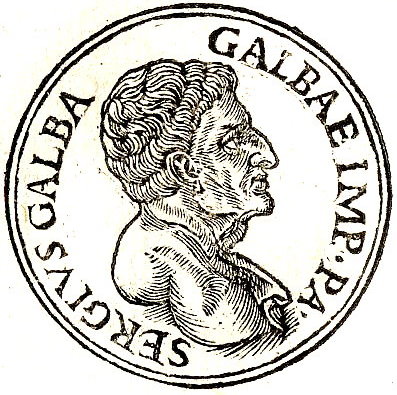
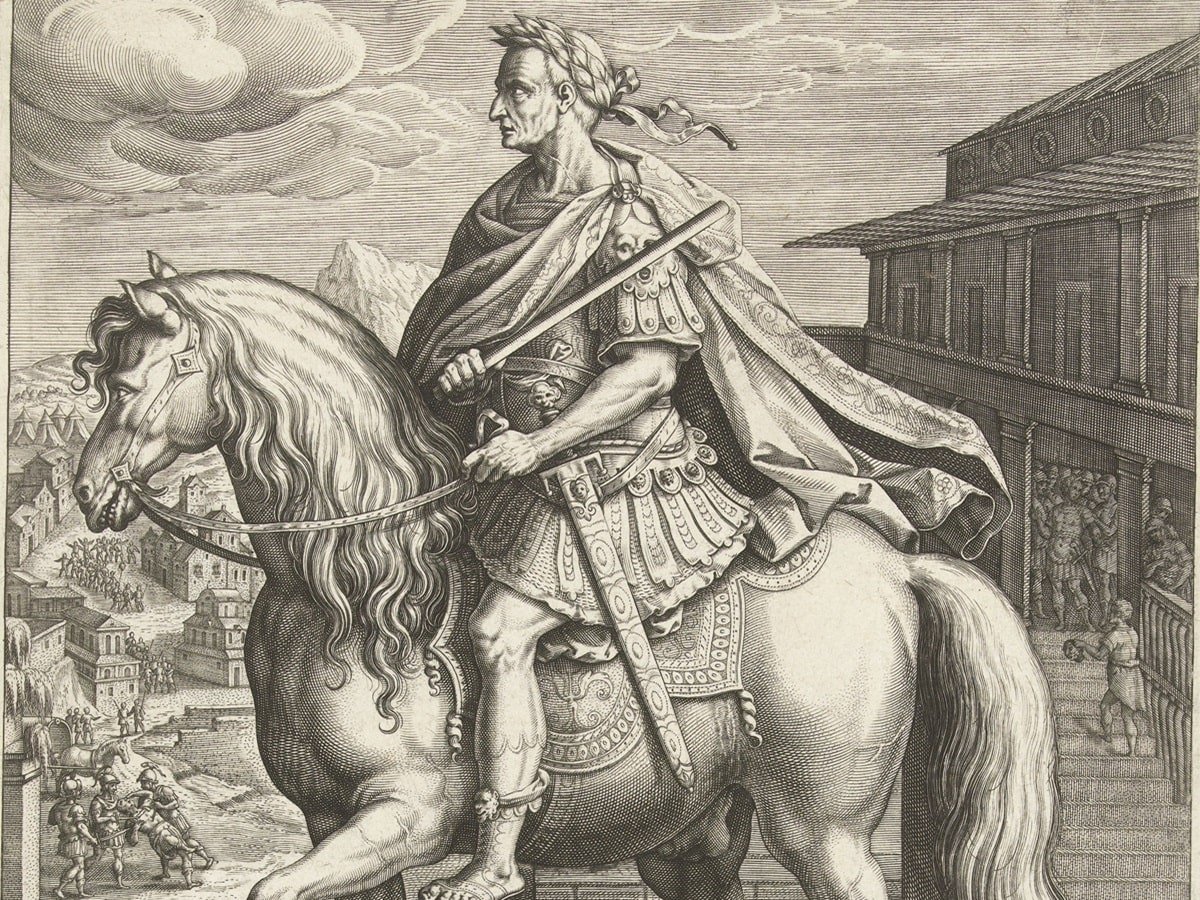





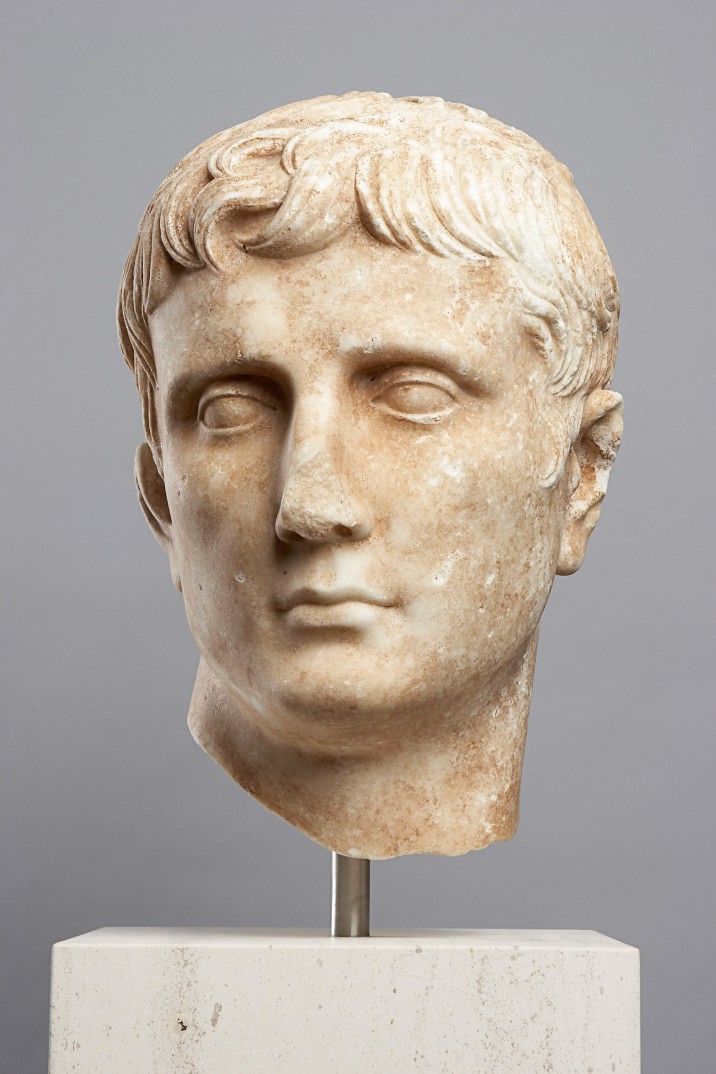
:focal(1134x648:1135x649)/https://tf-cmsv2-smithsonianmag-media.s3.amazonaws.com/filer_public/49/26/4926c5f7-b1c9-4b5c-842c-cfe6cdb13a1d/panoramica_1.jpg)
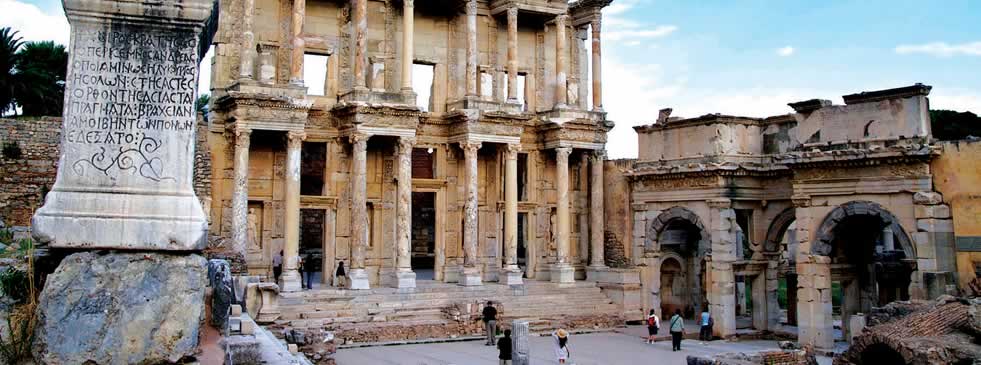
Comments